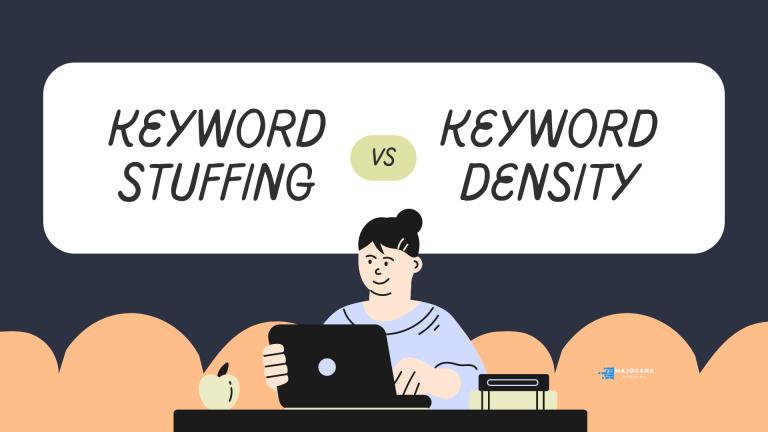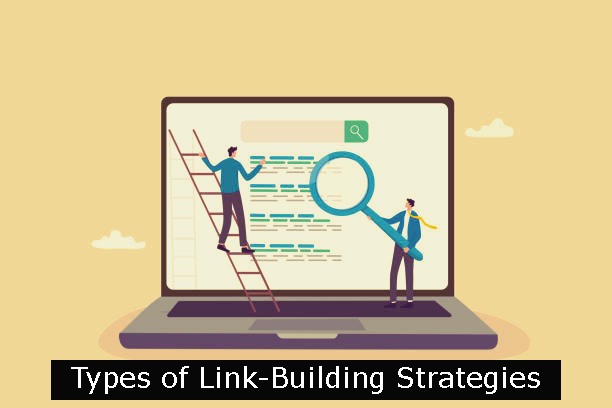
Introduction: A Relatable Start
Imagine this: You’re a new business owner who just launched a website. It’s slick, visually appealing, and loaded with valuable content. But as the weeks pass, you notice your traffic is stagnant, and search engine rankings remain low. In today’s digital landscape, even the best websites can struggle to reach their audience without effective search engine optimization (SEO) strategies. One proven tactic to boost SEO is guest posting. It’s a method used by countless marketers to increase visibility, build authority, and ultimately drive traffic. But how exactly does guest posting fit into link building, and why is it so crucial?
In this article, we’ll dive into the importance of guest posting in link building, how it benefits SEO, and how you can use it effectively without risking search engine penalties.
- How Important is Guest Posting in Link Building?
- What is the Purpose of Guest Posting?
- Is Guest Posting Good for SEO?
- How Does Guest Posting Work in SEO?
- What is the Difference Between Backlinks and Guest Posts?
- Which Part of Link Building is More Important in SEO?
- Conclusion: Maximizing the Benefits of Guest Posting in Link Building
How Important is Guest Posting in Link Building?
Guest posting has remained one of the most effective link-building strategies in SEO. In a world where search engines value high-quality, relevant links, guest posting has become a go-to tactic for creating valuable connections. According to a survey by Aira, 75% of marketers believe that guest posting is an essential component of their link-building strategies.
Guest posting allows you to place content on relevant, high-authority websites in your niche, giving your brand exposure to a larger audience. When done strategically, guest posting can drive traffic, increase credibility, and boost search rankings. In fact, Google places high importance on backlinks from reputable sites; quality links from authoritative sources can help raise your domain authority and improve your site’s standing in search engine results pages (SERPs).
Must Read – Why Link Building is Important
What is the Purpose of Guest Posting?
The primary purpose of guest posting goes beyond simply getting links. It serves several vital roles in a well-rounded SEO strategy:
- Building Backlinks: Guest posting allows you to place backlinks on high-authority sites, driving “link juice” back to your site and signaling to search engines that your content is relevant and credible.
- Increasing Brand Awareness: By posting on reputable sites, you tap into their established audience. This exposure helps you reach new people who may not have otherwise encountered your brand.
- Establishing Authority: Posting on respected platforms gives you an opportunity to share your expertise. Consistently contributing valuable insights can position you as a thought leader in your industry.
- Driving Targeted Traffic: A well-placed guest post can bring in highly targeted traffic, which can lead to new leads and conversions for your business.
- Building Relationships: Guest posting is a networking opportunity. Building relationships with editors, bloggers, and influencers can lead to additional collaboration opportunities in the future.
Is Guest Posting Good for SEO?
Absolutely, guest posting is a highly effective SEO tactic—when done correctly. It’s an excellent way to earn quality backlinks, which are one of the top ranking factors in Google’s algorithm. However, not all backlinks are created equal. Google values links from authoritative, relevant sites far more than links from low-quality, unrelated sites.
In fact, according to a study by Backlinko, sites with a higher number of referring domains rank better in Google. Guest posting on high-authority sites within your niche can lead to better ranking outcomes. Additionally, guest posts that provide quality content can lead to organic backlinks from other sites that find your insights valuable, further boosting your SEO performance.
How Does Guest Posting Work in SEO?
Guest posting works in SEO by securing backlinks from other websites, which signal to search engines that your content is credible and valuable. Here’s how it works in practice:
- Identify Relevant Sites: Look for websites within your niche that accept guest posts. These sites should have good domain authority and a solid readership base to ensure maximum benefit.
- Create High-Quality Content: Write unique, valuable content tailored to the hosting site’s audience. Your post should be engaging, informative, and offer genuine value.
- Use Natural Anchor Texts: Be mindful of using natural, branded anchor texts in your links. Over-optimized or spammy anchor texts can raise red flags with Google.
- Submit and Build Relationships: Build a connection with editors and blog owners to make it easier to pitch ideas and submit guest posts in the future.
By following these steps, guest posting not only improves your link profile but also enhances your brand’s presence in the online ecosystem.
What is the Difference Between Backlinks and Guest Posts?
A backlink is simply a hyperlink from one site to another. It’s one of the most influential ranking factors in SEO, as it passes authority from one domain to another. On the other hand, a guest post is a piece of content written by someone outside the blog or website’s team. The guest post includes backlinks, typically within the content or author bio, that direct readers back to the guest author’s site.
While backlinks can come from various sources, such as directories or forum mentions, guest posts are a more controlled way of earning backlinks. They give you the chance to create content that aligns with your brand, message, and target audience.
Which Part of Link Building is More Important in SEO?
In link building, quality is more crucial than quantity. While building a large number of links used to be effective, search engines today prioritize quality over quantity. High-quality links from reputable sources hold significantly more weight than multiple low-quality links.
The following aspects are key in link-building efforts:
- Domain Authority of Linking Site: Links from high-domain-authority sites are far more valuable than links from lesser-known or low-authority sites.
- Relevance: Links should come from sites related to your industry. A link from a respected blog within your niche is worth more than a link from a random website.
- Content Quality: The content surrounding your link should be relevant, useful, and well-crafted. Poor content on the host site may lead to penalties or a negative impact on your SEO.
- Natural Anchor Text: Branded or naturally placed anchor texts avoid triggering spam signals from Google, helping your link-building efforts remain safe.
When prioritizing these elements, guest posting can be one of the most valuable parts of a link-building strategy.
Conclusion: Maximizing the Benefits of Guest Posting in Link Building
Guest posting, when used as part of a thoughtful, quality-driven link-building strategy, can have a tremendous impact on your website’s SEO. By focusing on high-quality content, choosing reputable sites, and building strong, natural links, guest posting can elevate your brand, drive traffic, and improve your search engine ranking.
Incorporating guest posting into your strategy requires care to avoid pitfalls like over-optimized anchor text or low-quality sites, which can lead to penalties. Approach guest posting with a focus on value and authenticity, and you’ll reap the benefits in authority, visibility, and online credibility. Ultimately, guest posting remains a highly relevant and important tool in the world of link building—one that can help you not only build backlinks but also strengthen your brand’s presence and reputation in your industry.






